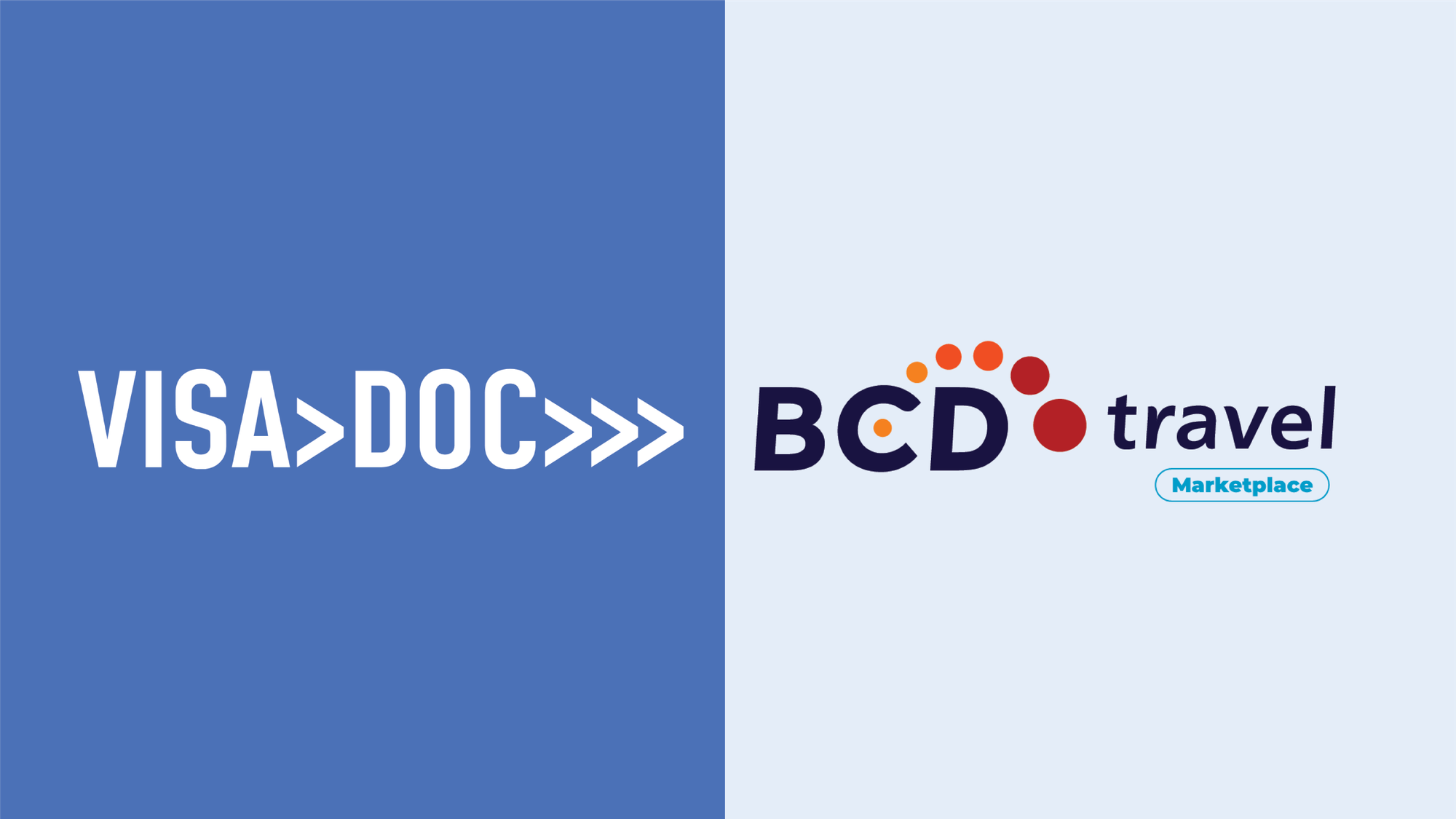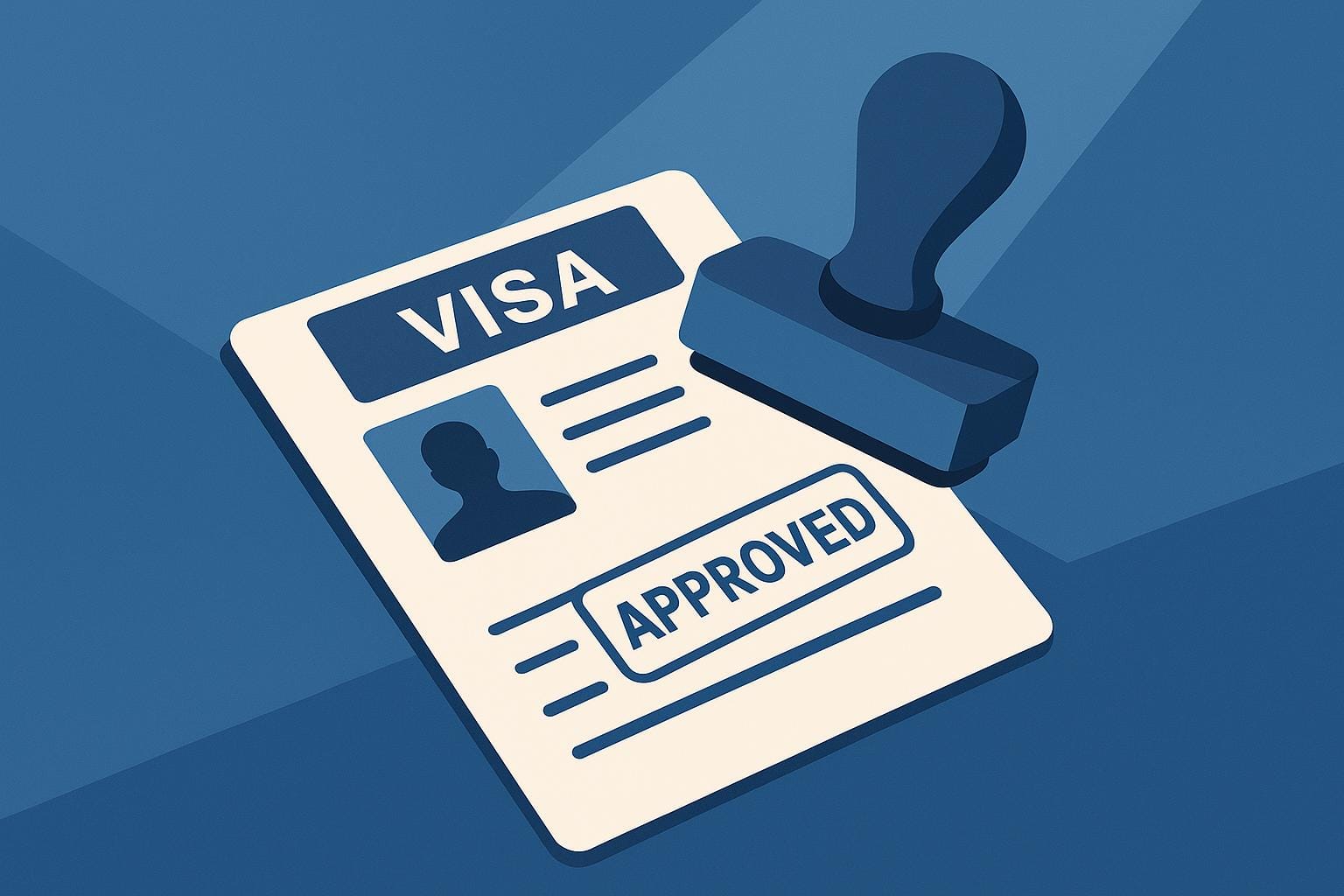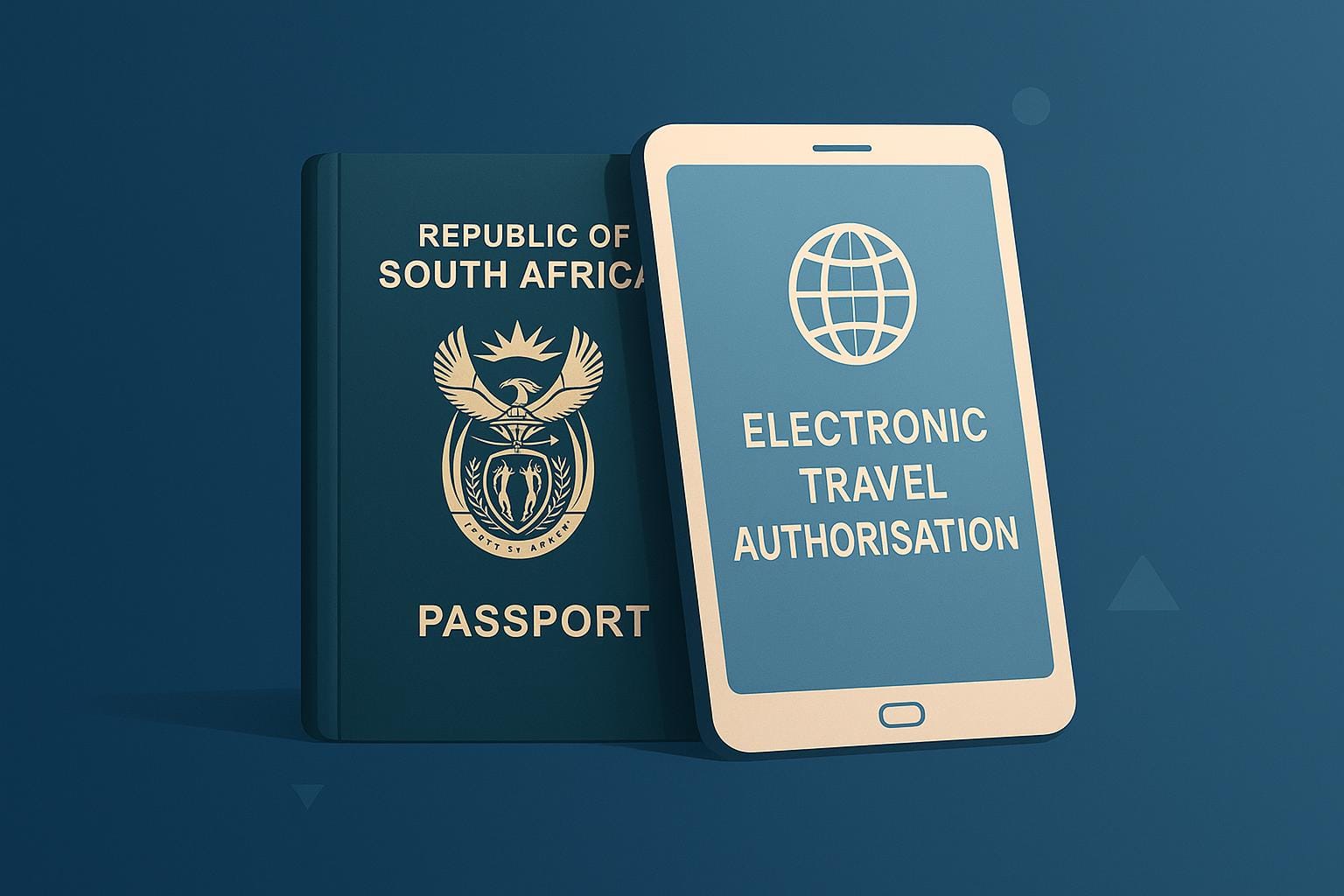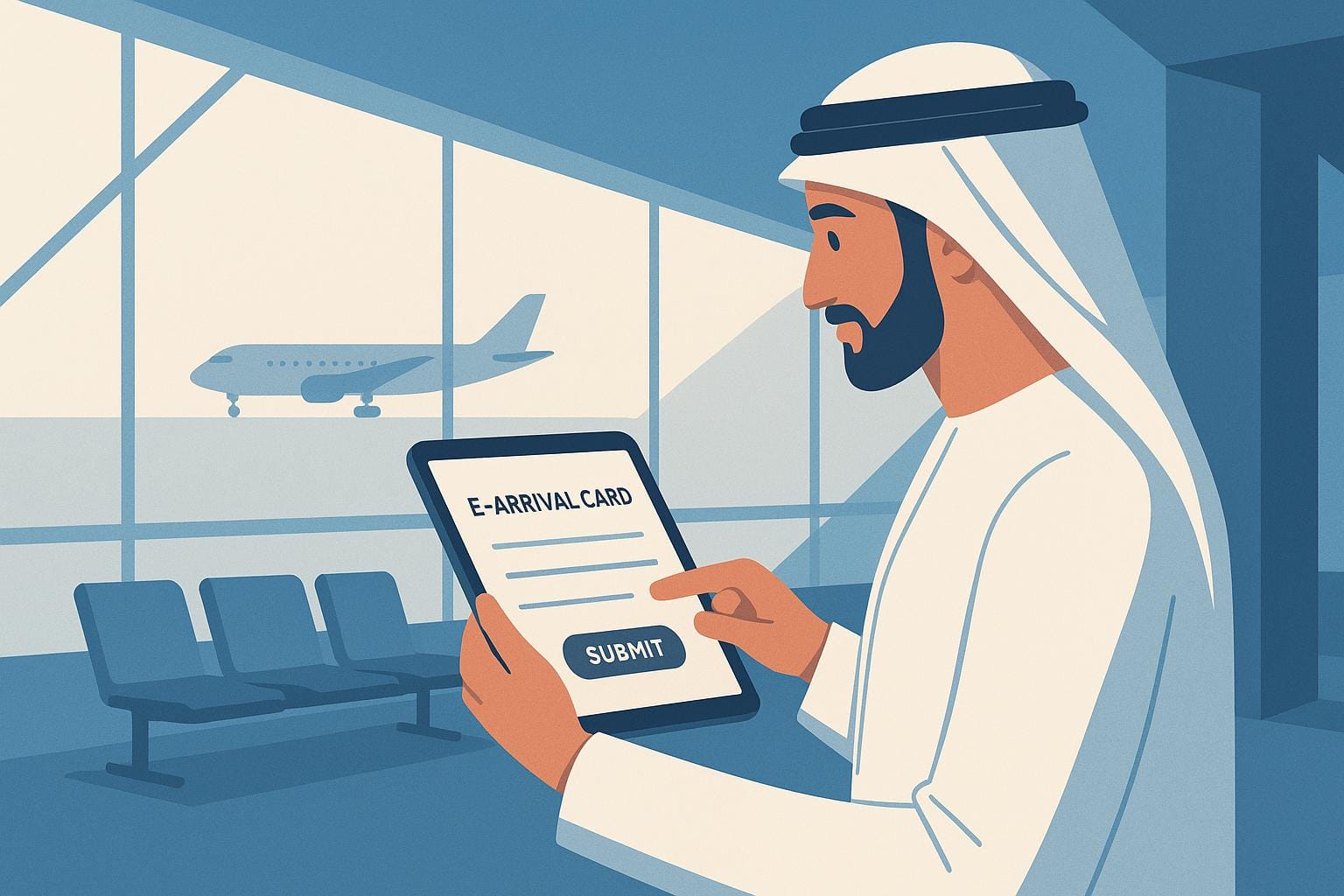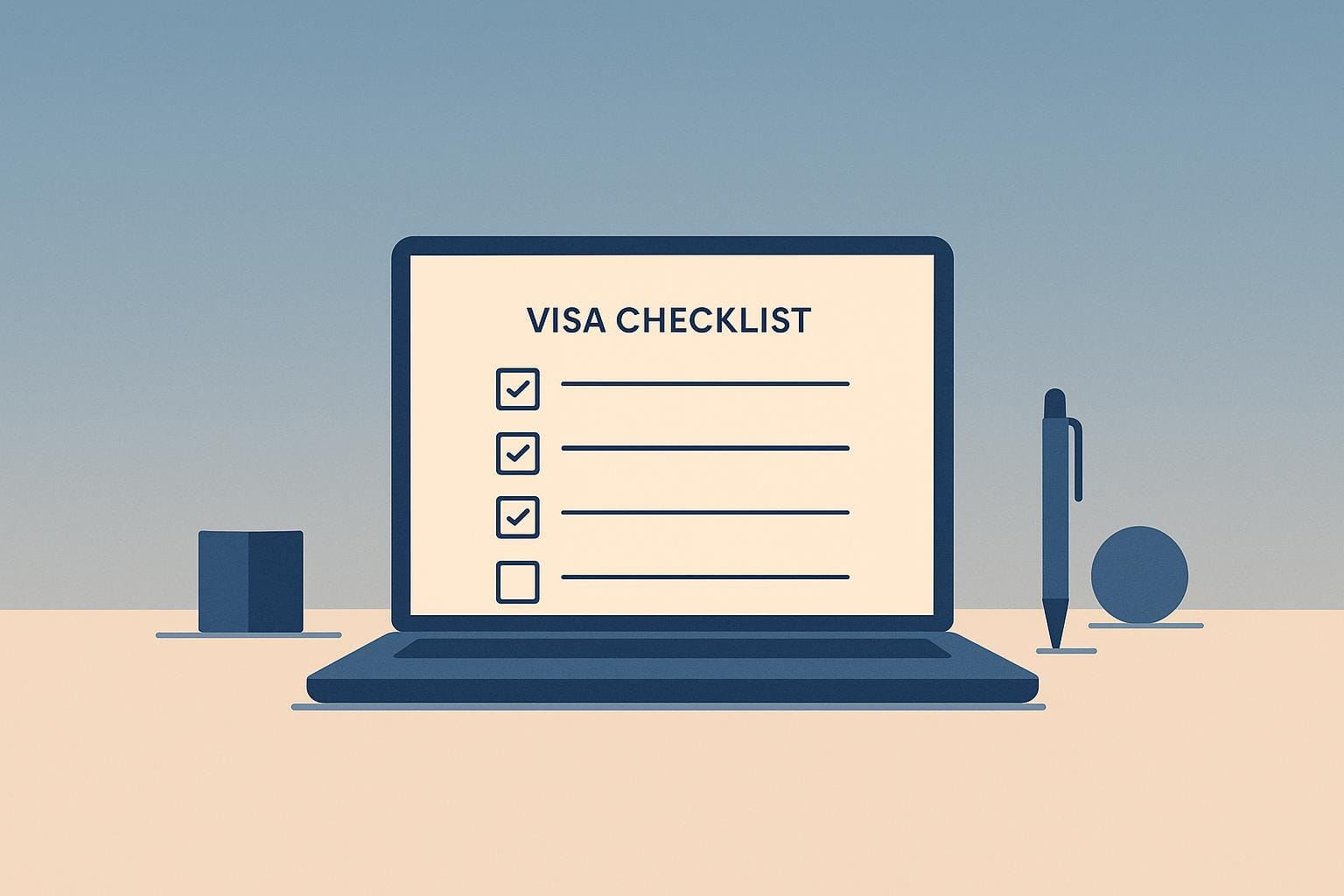Croatia offers a streamlined pathway for short-term consultants in digital security through its Business Visitor Program. Designed for professionals working up to 90 days, the programme prioritises compliance while supporting business needs. Here’s what you need to know:
- Key Document: Third-country nationals need a work registration certificate (€39.82), processed within 30 days.
- Additional Requirements: Include proof of qualifications, a work contract, health insurance, and a criminal record certificate (authenticated with an apostille).
- Visa Needs: Some nationalities require a short-stay visa; others may enter visa-free. Check with Croatian embassies for specifics.
- Arrival Registration: Register with local police within 48 hours of arrival; hotels often manage this for guests.
Employers must conduct a labour market test and sponsor applicants through Croatia’s Ministry of the Interior. Automation tools like VisaDoc can simplify compliance by tracking deadlines, verifying documents, and managing workflows.
Tip: Start preparing several months ahead to avoid delays. Missing compliance steps can lead to fines of €8,090–€13,270 or operational disruptions.
Required Documentation for Short-Term Consultants
If you're planning to work as a short-term consultant under Croatia's Digital Security Business Visitor Program, having the right documentation in order is absolutely essential. The paperwork you'll need depends on your nationality and the nature of your consultancy work.
Mandatory Documents Checklist
For third-country nationals (non-EU/EEA/Swiss citizens) working in Croatia for up to 90 days, the most crucial document is the work registration certificate. This certificate costs €39.82 and can take up to 30 days to process once you've submitted a complete application.
To apply for the work registration certificate, you'll need to provide:
- Form 5a
- A certified copy of your valid travel document
- A work contract, assignment letter, or proof of employment from a legal entity outside Croatia (provided by your employer)
- Evidence of qualifications and skills relevant to your consultancy work
All documents must be in Croatian or English. If your documents are in another language, you'll need certified translations by an authorised translator. Any financial documents must clearly indicate the currency.
For digital nomads, there are specific financial requirements: you must show a monthly income of at least €3,295 or €39,540 for a 12-month period. This ensures that visitors can support themselves during their stay without relying on local resources.
You'll also need proof of health insurance and a criminal record certificate from your home country, complete with an apostille. This certificate must confirm that you have no criminal convictions and must be recent and properly authenticated.
These documents form the foundation for obtaining both the work registration certificate and, if needed, a short-stay visa.
Work Registration Certificate and Short-Stay Visa
The work registration certificate is the key authorisation for carrying out consultancy work in Croatia. Your employer, or the Croatian branch of your multinational company, must be registered with the Ministry of the Interior to sponsor foreign workers.
The certificate costs €39.82, but additional permits may be required, such as a €46.45 temporary stay permit or a biometric permit costing €31.85 or €59.73, along with a €9.29 administrative fee.
Whether you need a short-stay visa depends on your nationality. Citizens of some countries can visit Croatia visa-free for short stays, while others will need a Schengen visa or a Croatian national visa. It’s important to contact the appropriate Croatian embassy or consulate in advance, especially as there may be additional restrictions due to health measures.
Employers also have responsibilities beyond sponsorship. They must first advertise job vacancies to confirm no qualified Croatian nationals are available before hiring foreign consultants. This requirement helps balance local employment opportunities with the needs of international businesses.
Once you've secured the necessary certificates, make sure to follow the arrival registration procedures outlined below.
Arrival and Short-Term Stay Registration
After obtaining the required certificates, short-term consultants must register their arrival and stay as part of Croatia's compliance process. Foreign nationals must register with the local police within 48 hours of arriving in the country. If you're staying in a hotel or other commercial accommodation, the provider will usually handle this automatically. However, private arrangements require either self-registration or registration by the property owner within 24–72 hours .
For those staying in private accommodation without owner registration, third-country nationals are required to register their temporary residence address within three days of entry. This must be done at the appropriate police administration or station corresponding to your location.
"Third-country nationals are obligated to register their temporary residence address within 3 days from their entry in the Republic of Croatia at the competent police administration/police station according to the location of their stay" - Republic of Croatia Ministry of the Interior
EU/EEA nationals face fewer requirements and don’t need to register for stays of up to 90 days. Similarly, non-EU/EEA family members accompanying EU/EEA citizens are also exempt from registration for stays under 90 days.
If you need to register, visit the foreigner desk, known as Šalter za strance or Stranci, at your local Ministry of Interior office. Make sure to bring your ID card or passport. In Zagreb, this office is located at Petrinjska 30.
Croatia’s registration system strikes a balance between ensuring security and facilitating business activities. While the requirements can seem detailed, they’re manageable if you plan ahead and keep your documentation in order.
Compliance Processes and Workflow Automation for HR Teams
Managing short-term consultants under Croatia's Digital Security Business Visitor Program can be complex, requiring HR teams to navigate compliance obligations efficiently. The solution lies in understanding employer responsibilities and adopting systems that streamline routine processes without sacrificing accuracy. Let’s break down the key compliance requirements and explore how automation can help.
Employer Compliance Obligations
If you’re sending consultants to Croatia, your duties go far beyond just handling paperwork. For starters, employers must conduct a labour market test to prove there are no qualified Croatian nationals available for the role before hiring foreign candidates. This ensures local job opportunities are prioritised while addressing legitimate business needs.
As a sponsor, your role includes initiating work permit applications and clearly communicating employment terms to candidates. You’re also responsible for registering new employees with the appropriate Croatian authorities.
Recent amendments to Croatia's Law on Foreigners have introduced notable changes. Work permits can now be valid for up to three years, and foreign workers are granted a 60-day grace period to secure new employment after job termination without immediate repatriation. These updates make it crucial to monitor long-term commitments effectively.
Croatian employers also place a high value on continuous feedback and open communication. Regular check-ins with consultants not only ensure compliance but also help them meet professional expectations during their stay. These efforts are fundamental for the effective use of Croatia’s digital security framework.
Automating Documentation and Compliance Workflows
Handling compliance manually can be error-prone, especially when managing multiple consultants across different time zones. Automation tools, powered by AI, can significantly reduce errors and ensure tasks like document submissions are completed on time.
Modern platforms can simplify compliance checks and document audits. Instead of manually reviewing each consultant’s paperwork, AI systems can verify that documents are complete, correctly formatted, and valid. Natural Language Processing (NLP) tools also make it easier to interpret complex Croatian regulations, helping your team stay on top of requirements. This kind of automation supports seamless business visa management under the program.
Another advantage is automated tracking of licences and certifications. These tools provide real-time updates on expiry dates, helping you avoid compliance lapses that could disrupt operations.
Managing Stay Limits and Deadlines
Monitoring stay limits is critical to avoid violations, particularly the 90/180-day rule. Consultants from third countries can remain in Croatia for up to 90 days within any 180-day period. Automated calendars can track entry and exit dates, flagging potential breaches before they occur.
Accuracy in documentation is equally important, especially when managing consultants with overlapping assignments. All forms must be filled out correctly, and the necessary documents submitted to avoid delays. Submitting applications well in advance and maintaining regular communication with Croatian authorities can help you stay informed about policy updates that may impact visa types.
Additionally, securing housing arrangements before applying is essential, as accommodation details are often required during the registration process. Your compliance system should not only track visa statuses but also ensure accommodation registration is completed. This includes meeting the 24-hour police registration requirement upon arrival.
Streamlining Documentation and Visa Workflows with VisaDoc
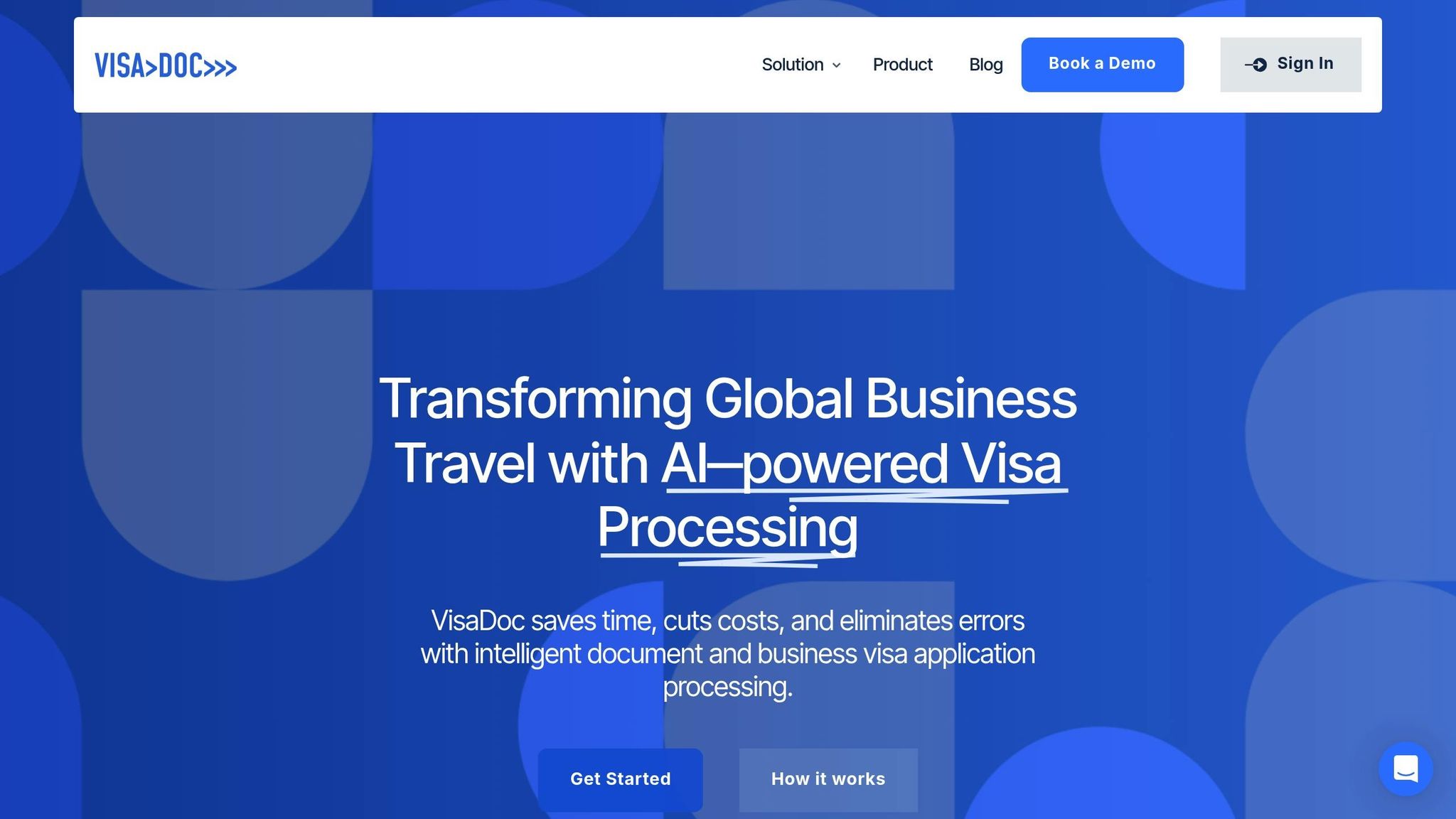
Navigating the requirements of Croatia's Digital Security Business Visitor Program can be a complex task. That's where VisaDoc steps in, simplifying the visa documentation process with cutting-edge automation. By reducing errors and saving time, it provides much-needed relief to HR teams and legal departments. Below, we’ll explore VisaDoc’s standout features, seamless integrations, and its alert systems designed to make visa management smoother.
VisaDoc Features for HR and Legal Teams
VisaDoc operates as a cloud-based case management solution tailored for visa and immigration processes. It’s designed for law firms, HR departments, and immigration consultants alike. One of its standout tools is an AI-powered verification system that ensures all documents are complete and correctly formatted. This feature not only cuts processing time by up to 70% but also eliminates much of the manual workload. Whether it’s managing work registration certificates or short-stay visa applications, VisaDoc ensures everything is handled efficiently.
The platform’s case management dashboard provides a single, organised view of all active applications. It displays timelines, document statuses, and communication logs in one place. Automated status tracking keeps teams updated in real time, enabling them to address issues or additional document requests without delay.
Integration with Corporate Systems
VisaDoc’s ability to integrate with existing corporate tools is a game-changer. It connects seamlessly with systems like Microsoft Office and identity verification tools, ensuring that all case records and documents are easily accessible and authenticated. Additionally, it works with HR platforms, bridging the gap between employee management and visa tracking systems.
For travel management, integrated TMC workflows simplify coordination, while robust API integrations allow VisaDoc to slot into existing corporate infrastructure without the need for major overhauls.
Custom Notifications and Compliance Tracking
VisaDoc tackles compliance challenges head-on with its advanced notification and tracking features. The system sends targeted alerts for expiring visas, document renewals, and key case milestones, ensuring that no deadlines are ever missed. Built-in compliance checks and audit trails document every action, from submissions to communications, simplifying regulatory reviews.
The client self-service portal further lightens the load for HR teams. Consultants can upload documents, track timelines, and receive updates directly, reducing back-and-forth communication. Plus, the platform’s customisable workflows allow organisations to adapt processes to fit both short- and long-term assignments, ensuring they remain compliant at every step.
Practical Tips for Efficient Submission and Record-Keeping
Submitting a successful short-term consultant application requires thorough and well-organised documentation. Below are some practical tips to help streamline the process and ensure compliance with Croatian regulations.
Best Practices for Preparing Supporting Documents
- Go digital: Submit all documents as PDFs. If you have physical copies, scan them at 300 DPI to ensure they’re clear and readable.
- Translation and notarisation: For any documents not in Croatian, have them translated and notarised to avoid formatting or processing delays.
- Provide multiple proofs of income: Include a variety of documents, such as employment contracts, bank statements, payslips, and tax returns, to demonstrate financial stability.
- Prepare extra copies: For in-person submissions, bring additional copies of all documents listed on the application checklist.
- Clarify financial details: Clearly display currency amounts and any conversion rates on financial documents to avoid confusion.
Secure Storage and Sharing of Records
Once your documents are submitted, maintaining secure and organised records is essential for compliance and future reference.
- Use encrypted cloud storage with two-factor authentication to safeguard sensitive information. Limit access to only those who need it.
- Set clear data retention policies, defining how long records should be kept. Regularly review and securely dispose of outdated data.
- Train staff on proper data-handling practices, including understanding how personal information moves within your systems and during international transfers.
Maintaining Audit Trails and Compliance Logs
Keeping detailed records is critical for demonstrating compliance with Croatian immigration laws. Here’s how to stay on top of it:
- Log submission dates, reference numbers, and all correspondence with Croatian authorities to create a reliable audit trail.
- Implement systematic logging with clear policies. Define roles, responsibilities, and details to track, such as event types, timing, sources, and outcomes.
- Conduct regular work rights checks for consultants. Ensure all foreign citizens register with the local police within 48 hours of arrival.
- Use automated tools to monitor compliance. Set alerts for key deadlines, like visa expirations and document renewals, and protect audit records with secure, timestamped logs.
Conclusion: Ensuring Smooth Mobility and Compliance
Navigating Croatia's Digital Security Business Visitor Program requires careful planning and strict adherence to regulations. Falling short of Croatian tax and labour laws can result in hefty fines, while documentation mistakes may cause delays that disrupt business operations and schedules.
In Croatia, processing times for work permits and visas usually range between 30 to 60 days. It's advisable to start preparing documents several months in advance. HR teams play a crucial role in this process - they must register with the Croatian Ministry of the Interior to sponsor foreign employees, conduct labour market tests, and ensure compliance with GDPR and Croatian data protection laws by securing written consent for background checks.
Digital automation tools can help simplify these complex processes. For instance, VisaDoc's automation platform streamlines workflows, integrates compliance checks, and uses AI-powered document verification to meet global visa regulations. Features like automated error detection, reminders for visa expirations, and a client self-service portal minimise delays and enhance efficiency. By digitising these workflows, businesses can reduce the risk of errors and ensure smoother operations.
Non-compliance isn't just a procedural issue - it comes with financial consequences. Fines can range from €8,090 to €13,270, and companies may face challenges such as inaccurate tax deductions, delayed wage payments, and incomplete payroll documentation. Taking proactive steps to ensure compliance is essential for avoiding these risks.
FAQs
What steps must an employer follow to sponsor a short-term consultant under Croatia's Digital Security Business Visitor Programme?
To sponsor a short-term consultant under Croatia's Digital Security Business Visitor Programme, employers need to follow a few important steps:
- Register with the Croatian Ministry of the Interior: This is the starting point for initiating the sponsorship process.
- Submit the sponsorship application: Make sure all required forms and supporting documents are completed and included.
- Apply for a work permit: Processing this permit can take anywhere from 30 to 60 days, depending on the complexity of the case and the workload of the authorities.
- Adhere to Croatian visa regulations: Prepare the necessary paperwork for either a digital nomad visa or a short-term stay visa, depending on what applies to the consultant.
Keeping everything organised and ensuring all requirements are met will help employers smoothly navigate the process while staying compliant with Croatia's immigration rules.
How does VisaDoc simplify compliance and documentation for short-term consultants travelling to Croatia under the Digital Security Business Visitor Programme?
VisaDoc takes the hassle out of managing compliance and documentation for short-term consultants in Croatia by using smart automation. It checks all the necessary documents, ensures they comply with Croatian visa rules, and simplifies the application process. The result? Less time spent on paperwork and fewer chances of making mistakes.
By handling routine tasks automatically, VisaDoc allows HR teams and travel managers to concentrate on more important priorities. At the same time, it ensures every submission meets the required standards, boosting efficiency and cutting down on the costs tied to manual processing.
What happens if short-term consultants fail to meet Croatia's registration and documentation requirements?
Failure to comply with Croatia's registration and documentation requirements for short-term consultants can have serious repercussions. These might include legal fines, penalties, or even restrictions on future travel or employment within the country.
Ignoring these obligations could also lead to issues such as visa renewal complications, the invalidation of your current work or stay authorisation, and difficulties if legal matters arise. Meeting all necessary requirements is crucial to sidestep these risks and ensure your business activities continue without disruption.
Related Blog Posts
- Business Visa Audit: Step-by-Step Preparation Guide
- Chile's Tech Business Visa: 30-Day Option for Software Implementation Teams
- South Africa Critical Skills Visitor Visa: Short-Term Option for Technical Troubleshooting Teams
- Jordan's Investment Promotion Business Visitor Program: Site Selection Team Documentation




